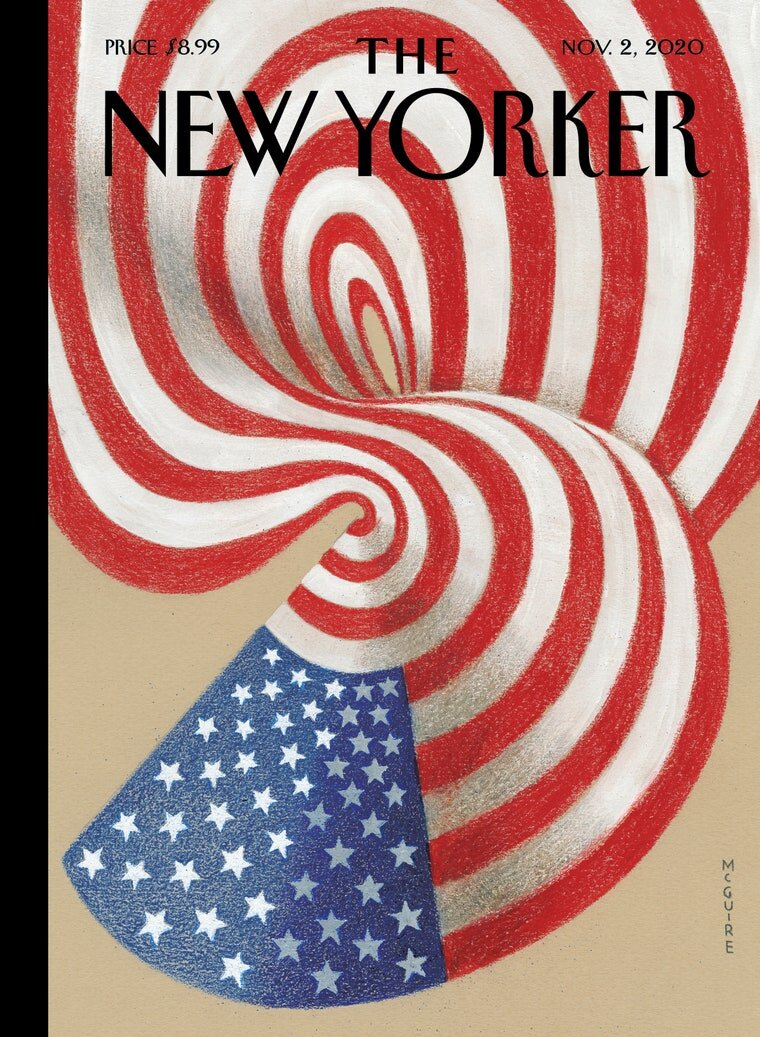The Only way is Up
Here we are thousands of miles and ONE day away from an election that will determine the course of the world’s most powerful nation for decades to come.
In a world seemingly moving at warp speed, it is tempting to focus only on the recent past and immediate future, but that would be a mistake, because where we stand today is not solely the result of four years of narcissistic, isolationist politics, but also the consequence of decades of complacency and hubris among Europeans as well as Americans.
We have seen autocrats rise to power and allowed autocratic ideas to take hold in exchange for maintaining a (false) sense of security and wealth. We have felt overwhelmed and paralyzed by the seismic shifts brought on by poverty, migration, climate change and now a pandemic, and we have given in to the classic tradeoff of more security for fewer rights. We have mastered the art of looking the other way, because we know that the equality required to maintain stability comes at a cost we might not be willing to pay. As a result we have become detached from one another, scurrying in all directions instead of coming together in search of sustainable solutions.
We are seeing politicians drunk with power and populations starved for a shared political project, longing for leadership that reaches beyond personal ambition to a willingness to take risks for the common good and lift all, not just those who already find themselves at or near the top.
The past few months have seen the publication of a number of books by keen observers of (political) life, some written before the current crisis, some during. What they all have in common is a reckoning with what has brought us to this point, politically and ethically.
Anne Applebaum’s ‘Twilight of Democracy’, Masha Gessen’s ‘Surviving Autocracy’ and the more recent ‘Ten Lessons for a Post-Pandemic World’ by Fareed Zakaria and ‘The Tyranny of Merit, What’s Become of the Common Good’ by Michael Sandel, all make up a core reading list for a deeper understanding of our times, with a look not only at world politics but perhaps more importantly at ourselves and our values.
In an age of information overload, these books - and their authors - offer some much needed reflection and knowledge.
As Michael Sandel, a political philosopher and Professor of Government Theory at Harvard University Law School recently wrote in the New York Times:
‘Appreciating the role of luck in life can prompt a certain humility: There, but for an accident of birth, or the grace of God, or the mystery of fate, go I. This spirit of humility is the civic virtue we need now. It is the beginning of the way back from the harsh ethic of success that drives us apart. It points beyond the tyranny of merit toward a less rancorous, more generous public life.’
Let us hope that we, and in turn the leaders we elect, have the courage to find the ‘spirit of humility’ to create a world more generous to all.

